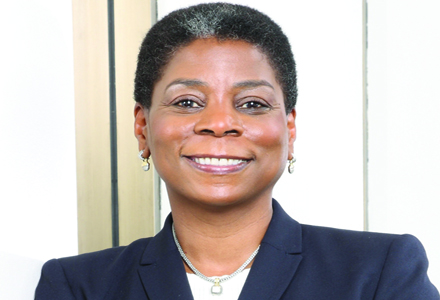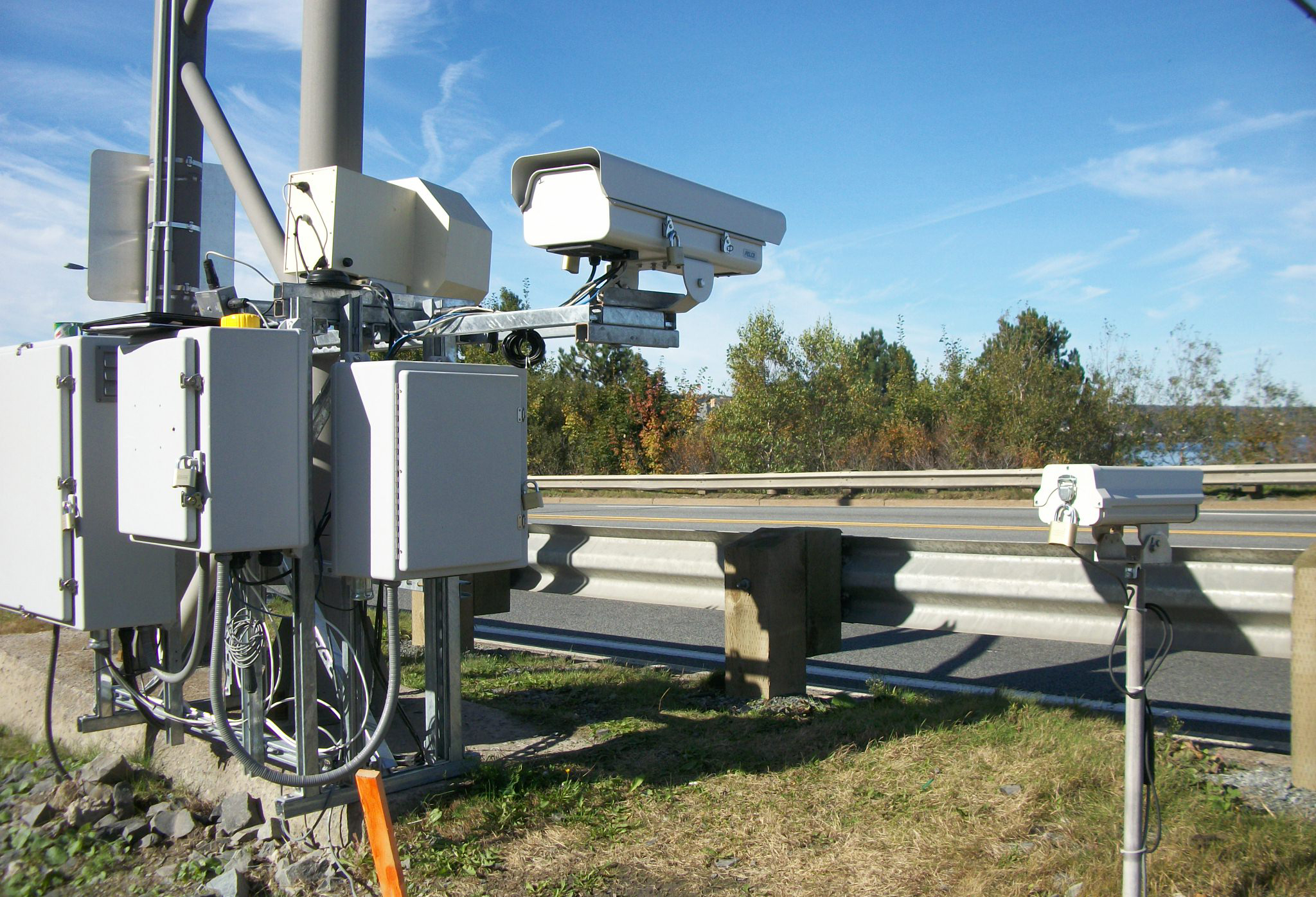In the US, Xerox researchers have taken to the streets in a bid to reduce traffic congestion. They’re using expertise in data analytics, control systems, sensing, imaging and video to create new transportation applications that help reduce congestion, increase safety on the road and take the pain out of finding a parking spot.
In the US, Xerox researchers have taken to the streets in a bid to reduce traffic congestion. They’re using expertise in data analytics, control systems, sensing, imaging and video to create new transportation applications that help reduce congestion, increase safety on the road and take the pain out of finding a parking spot.
“Today you can find our scientists and ethnographic researchers standing on bridges and roads or camping out in city parking lots collecting data and observing driver behaviours,” said Sophie Vandebroek,4186 Xerox’s chief technology officer and president of the Xerox Innovation Group. “Our expertise in imaging and human behaviour is now being applied to new areas such as analysing real-time data, including video of traffic and parking patterns, to help improve traffic safety, increase driver satisfaction, simplify a municipality’s infrastructure or make cities greener by decreasing traffic-related pollution.”
Xerox technology clearing the way for smoother travel includes: imaging technology for high occupancy toll (HOT and high occupancy vehicle (HOV) lanes; automatic licence plate recognition (ALPR); smart urban parking services, parking demand management services and public transportation systems.
“Adding intelligence to systems is how government and transportation agencies around the world can do more for less,” said Cees de Wijs, Xerox group president for International Transportation and Government. “At Xerox we are focusing our innovation to simplify the complexities of modern integrated transport, resulting in greater convenience, reliability and savings for users and governments and transportation agencies.” De Wijs is speaking on the topic this week at the 19th6456 ITS World Congress on in Vienna, Austria.
“Today you can find our scientists and ethnographic researchers standing on bridges and roads or camping out in city parking lots collecting data and observing driver behaviours,” said Sophie Vandebroek,
Xerox technology clearing the way for smoother travel includes: imaging technology for high occupancy toll (HOT and high occupancy vehicle (HOV) lanes; automatic licence plate recognition (ALPR); smart urban parking services, parking demand management services and public transportation systems.
“Adding intelligence to systems is how government and transportation agencies around the world can do more for less,” said Cees de Wijs, Xerox group president for International Transportation and Government. “At Xerox we are focusing our innovation to simplify the complexities of modern integrated transport, resulting in greater convenience, reliability and savings for users and governments and transportation agencies.” De Wijs is speaking on the topic this week at the 19th










